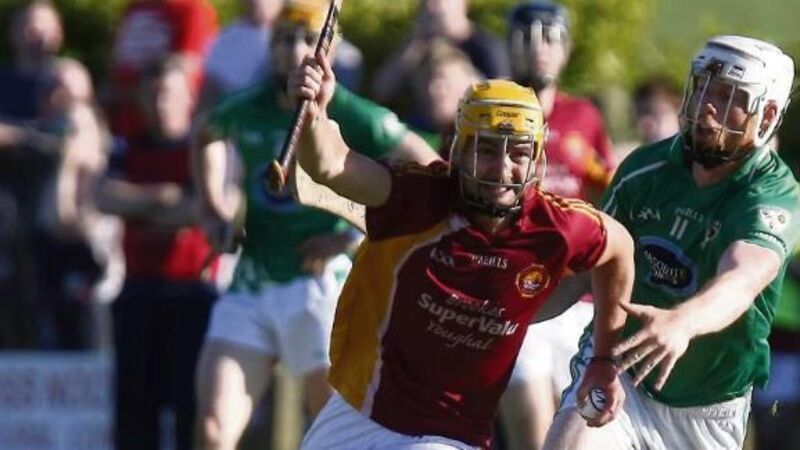Hard to beat early season local fare

I beg to differ. Last Saturday, yours truly was in Ballynoe for a Cork Senior Hurling Championship game between Killeagh and Youghal, and all the constituent elements for a GAA occasion were on hand.
A rural setting on a beautiful summer’s evening, with a jet trail scrawling a white line diagonally across the sky. Hundreds streaming down a narrow country road to the venue. A derby between two clubs just a few miles apart.












